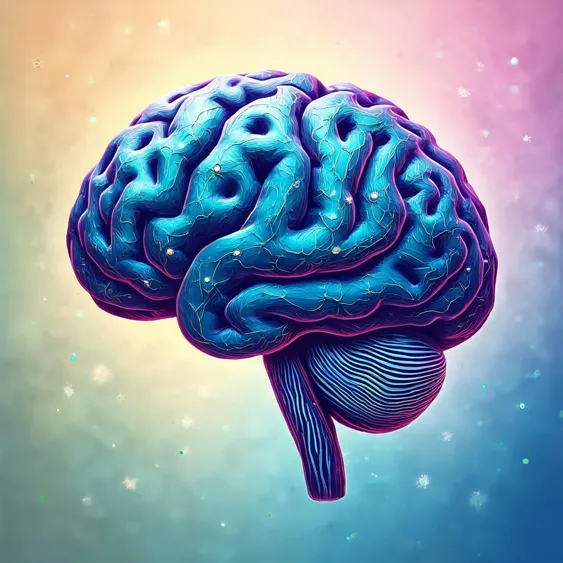Fudan University’s Breakthrough in Alzheimer’s Screening

The recent breakthrough by Fudan University in developing a new early screening and diagnostic reagent for Alzheimer’s disease is not just another advancement in medical science; it signifies a quantum leap towards understanding and mitigating a condition that affects millions worldwide. With the aging population increasingly facing dementia-related challenges, innovations like these can be a game changer, potentially shifting how we approach Alzheimer's—allowing for a more proactive rather than reactive stance.
This new technique claims to predict Alzheimer’s disease risk 15 years in advance, boasting an impressive accuracy rate of 98.7%. The work, led by Professor Yu Jintai at Huashan Hospital, uses advanced AI technology through a collaboration with Alibaba’s cloud platform, CFFF. This AI-driven approach replaces traditional hypothesis-driven methods with data and algorithm-driven processes, significantly enhancing efficiency and speed. By analyzing data from over 6,300 cerebrospinal fluid proteins, the team identified five crucial proteins that could serve as early indicators of Alzheimer’s, thus paving the way for timely intervention.
The implications of this research extend beyond the laboratory. Currently, diagnosing Alzheimer’s typically involves numerous tests and a long, drawn-out process of eliminating possibilities, which can lead to delays in treatment. By integrating AI and novel data analysis methods, healthcare providers may soon equip themselves with tools that allow for quick screenings and a more streamlined patient journey, which is critical given the emotionally taxing nature of dementia for families and caregivers. The societal impact is considerable; if implemented widely, such early screening could lessen the burden on healthcare systems and improve the quality of life for countless individuals.
As we ponder the transformative potential of this development, one cannot help but wonder: Will the adoption of AI in healthcare become the norm, fundamentally changing how we approach other diseases? In a world where time is often of the essence, the ability to predict disease risk long before symptoms emerge is a beacon of hope for many families grappling with the uncertainties of aging, and it’s a call to action for other research teams globally.
Read These Next

Breakthrough in Brain-Machine Interface Tech
A commentary on the recent advancements in brain-machine interface technology developed in Shanghai, focusing on its implications for communication in patients with speech disabilities and the broader impact on human-machine interaction.

China and Thailand Launch Hydro-Floating Solar Project for Clean Energy
A hydro-floating solar hybrid power plant in Thailand, built by Chinese and Thai firms, has started operations to boost clean energy.

NIST's Breakthrough in Atomic Clock Precision
The commentary discusses a breakthrough in atomic clock precision by NIST, emphasizing its importance for redefining time and its implications for science and technology.
